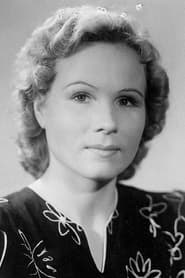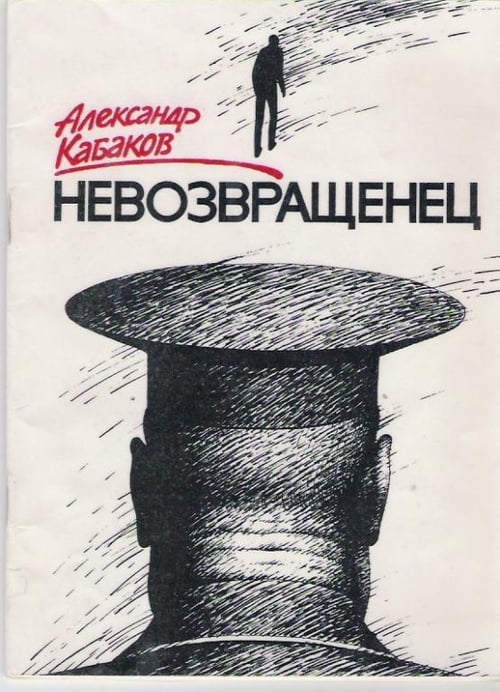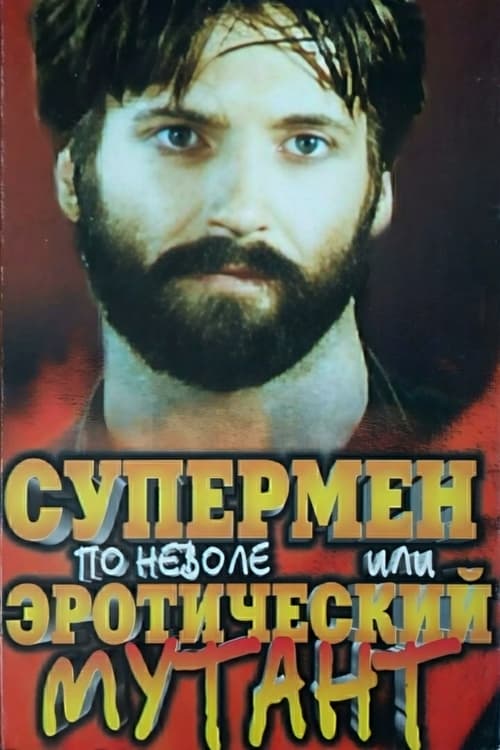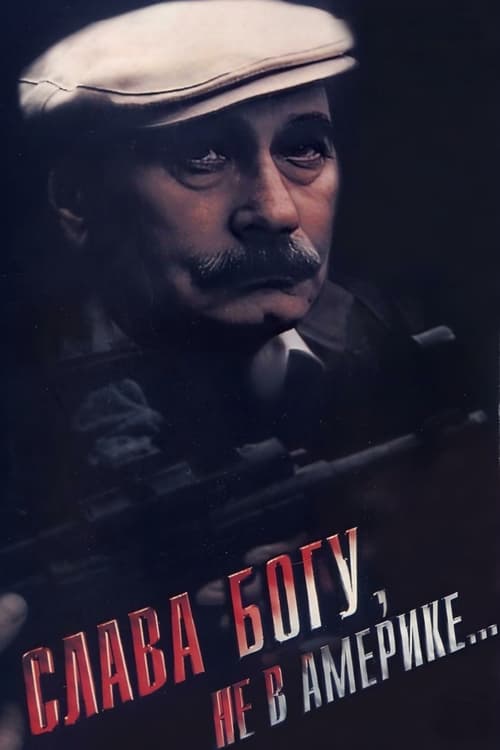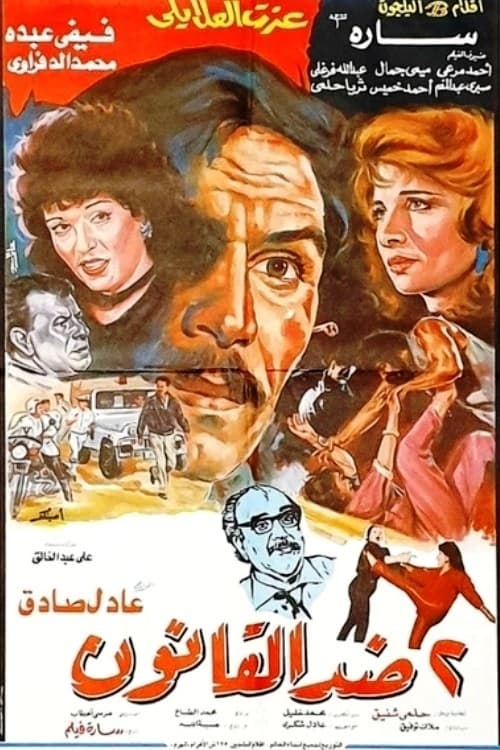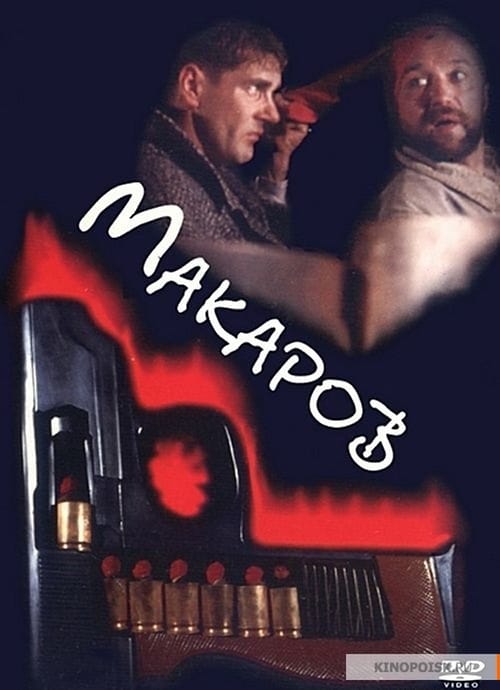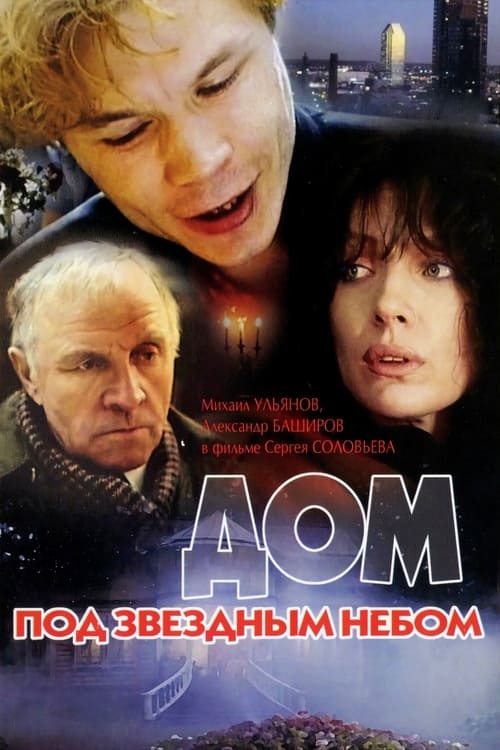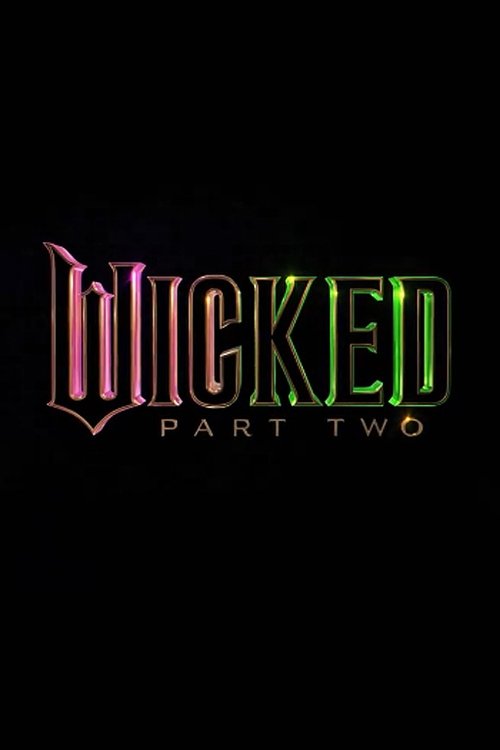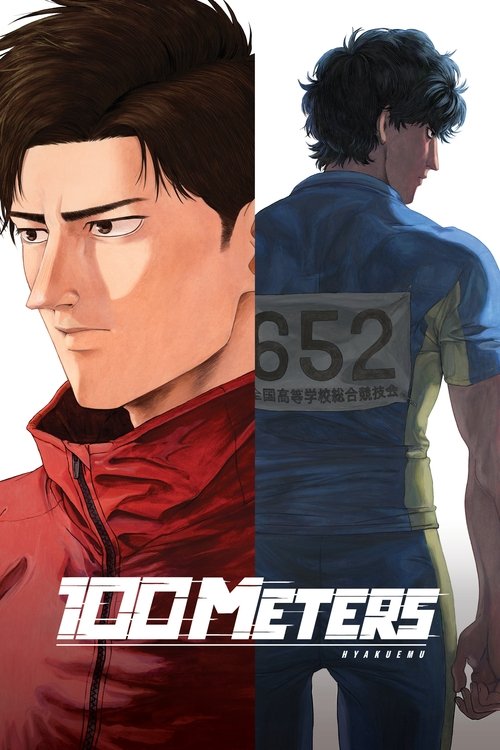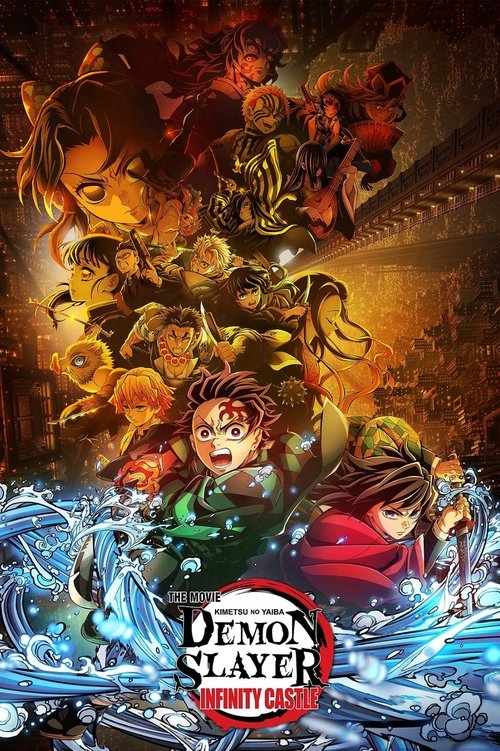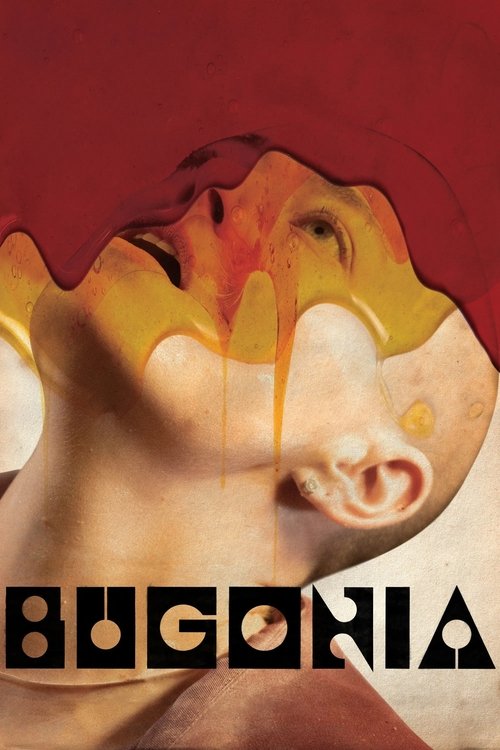
Ask Your Own Question
What is the plot?
What is the ending?
In the ending of "The Touch," the protagonist, a skilled martial artist named Cheng, faces a final confrontation with his former mentor, who has turned to a life of crime. Cheng must reconcile his past and the choices he has made, ultimately leading to a climactic battle. The film concludes with Cheng finding a sense of peace and resolution, having chosen the path of honor over violence.
As the film approaches its conclusion, the tension escalates. Cheng, portrayed with a deep sense of conflict, is torn between his loyalty to his mentor and his moral compass. The scene shifts to a dimly lit warehouse, where Cheng confronts his mentor, who has gathered a group of criminals. The atmosphere is thick with anticipation, and the stakes are high. Cheng's heart races as he steps into the space, the shadows flickering around him, reflecting his inner turmoil.
The confrontation begins with a tense exchange of words. Cheng's mentor, once a figure of respect and guidance, now stands as a symbol of betrayal. The mentor's eyes, once filled with wisdom, now glint with a dangerous ambition. Cheng's voice trembles slightly as he pleads for his mentor to abandon this path of destruction. The emotional weight of their shared history hangs heavily in the air, creating a palpable tension.
As the dialogue intensifies, it becomes clear that reconciliation is impossible. The mentor, driven by greed and power, dismisses Cheng's pleas, leading to an inevitable clash. The fight erupts with a flurry of movement, showcasing Cheng's martial arts prowess. Each strike is not just a physical blow but a manifestation of Cheng's internal struggle. He fights not only against his mentor but also against the memories of their shared past.
The choreography of the fight is both beautiful and brutal, with Cheng's movements reflecting his training and discipline. The camera captures the sweat glistening on his brow, the determination etched on his face, and the pain of betrayal in his eyes. As the battle rages on, Cheng's resolve strengthens. He realizes that he must not only defeat his mentor but also free himself from the chains of his past.
In a climactic moment, Cheng gains the upper hand. He disarms his mentor, leaving him vulnerable. The warehouse falls silent, the only sound being their heavy breathing. Cheng stands over his mentor, the weight of their history pressing down on him. In this moment, he is faced with a choice: to deliver a final blow or to show mercy. The internal conflict is palpable, and the audience can feel Cheng's heart racing as he grapples with the decision.
Ultimately, Cheng chooses mercy. He lowers his fist, allowing his mentor to live, but he makes it clear that their relationship is irrevocably changed. This act of compassion signifies Cheng's growth and his commitment to a path of honor. The mentor, realizing the depth of his own failures, is left to confront the consequences of his choices.
As the scene fades, Cheng walks away from the warehouse, the weight of his decision heavy on his shoulders but also liberating. He steps into the light, symbolizing a new beginning. The film closes with a sense of resolution, as Cheng embraces his identity and the values he holds dear. The final shot lingers on his face, a mixture of sadness and hope, as he moves forward into an uncertain but promising future.
In the aftermath, the fate of the main characters is clear. Cheng emerges as a man transformed, having chosen the path of honor over vengeance. His mentor, left behind in the shadows of his own making, must now face the reality of his choices alone. The film leaves the audience with a poignant reminder of the complexities of loyalty, the weight of past decisions, and the possibility of redemption.
Is there a post-credit scene?
The movie "The Touch," produced in 1992, does not have a post-credit scene. The film concludes its narrative without any additional scenes or content after the credits roll. The story wraps up with the resolution of the main characters' arcs, focusing on the emotional and physical journey they have undergone throughout the film. The absence of a post-credit scene allows the audience to reflect on the themes of love, sacrifice, and the complexities of human relationships that are central to the film's narrative.
What is the significance of the character played by Michelle Yeoh in The Touch?
In The Touch, Michelle Yeoh plays the character of a skilled martial artist named 'Yin'. Her character is central to the plot as she navigates the complexities of her past and her relationship with her father, who is a significant figure in her life. Yin's journey is marked by her struggle to reconcile her martial arts skills with her emotional ties, particularly as she faces adversaries who threaten her family and her own sense of identity.
How does the relationship between Yin and her father evolve throughout the film?
The relationship between Yin and her father is fraught with tension and emotional depth. Initially, there is a sense of estrangement as Yin grapples with her father's expectations and her own desires. As the plot unfolds, their bond is tested by external threats and personal revelations. Key scenes depict their confrontations, where Yin's longing for approval clashes with her father's protective instincts, ultimately leading to a deeper understanding and reconciliation by the film's climax.
What role does the artifact play in the story of The Touch?
The artifact in The Touch is a mystical object that holds significant power and is sought after by various characters throughout the film. It serves as a catalyst for the plot, driving the conflict as different factions vie for control over it. The artifact symbolizes not only physical power but also the emotional and spiritual struggles of the characters, particularly Yin, who must confront her own motivations and the consequences of her actions related to the artifact.
Who are the main antagonists in The Touch, and what are their motivations?
The main antagonists in The Touch are a group of mercenaries led by a ruthless character named 'Kwan'. Their motivations are primarily driven by greed and the desire to obtain the artifact for its power. Kwan's character is depicted as cunning and ruthless, willing to go to great lengths to achieve his goals, which puts him in direct conflict with Yin and her allies. The tension between Kwan and Yin escalates as they both seek to claim the artifact, leading to intense confrontations.
What are some key action sequences that highlight Yin's martial arts skills?
Key action sequences in The Touch showcase Yin's exceptional martial arts skills through a series of choreographed fights that blend agility, precision, and emotional intensity. One notable scene occurs in a dimly lit warehouse where Yin faces off against multiple attackers, demonstrating her ability to adapt and strategize under pressure. Another significant sequence takes place in a bustling marketplace, where her skills are put to the test as she navigates through obstacles while defending herself and others. These scenes not only highlight her physical prowess but also reflect her internal struggles and determination.
Is this family friendly?
"The Touch," produced in 1992, is a film that contains several elements that may not be suitable for children or sensitive viewers. Here are some potentially objectionable or upsetting aspects:
-
Violence: The film includes scenes of physical confrontations and violence that may be intense or disturbing for younger audiences.
-
Emotional Turmoil: Characters experience significant emotional distress, including themes of loss, betrayal, and personal conflict, which may be heavy for sensitive viewers.
-
Romantic Content: There are romantic elements that may include suggestive themes or situations that could be inappropriate for younger viewers.
-
Cultural Tensions: The film explores themes of cultural identity and conflict, which may be complex and difficult for children to fully understand.
-
Mature Themes: The narrative delves into adult themes such as family dynamics, personal sacrifice, and the consequences of one's choices, which may resonate differently with younger audiences.
These elements contribute to a tone that may not be entirely family-friendly, and parental discretion is advised.







